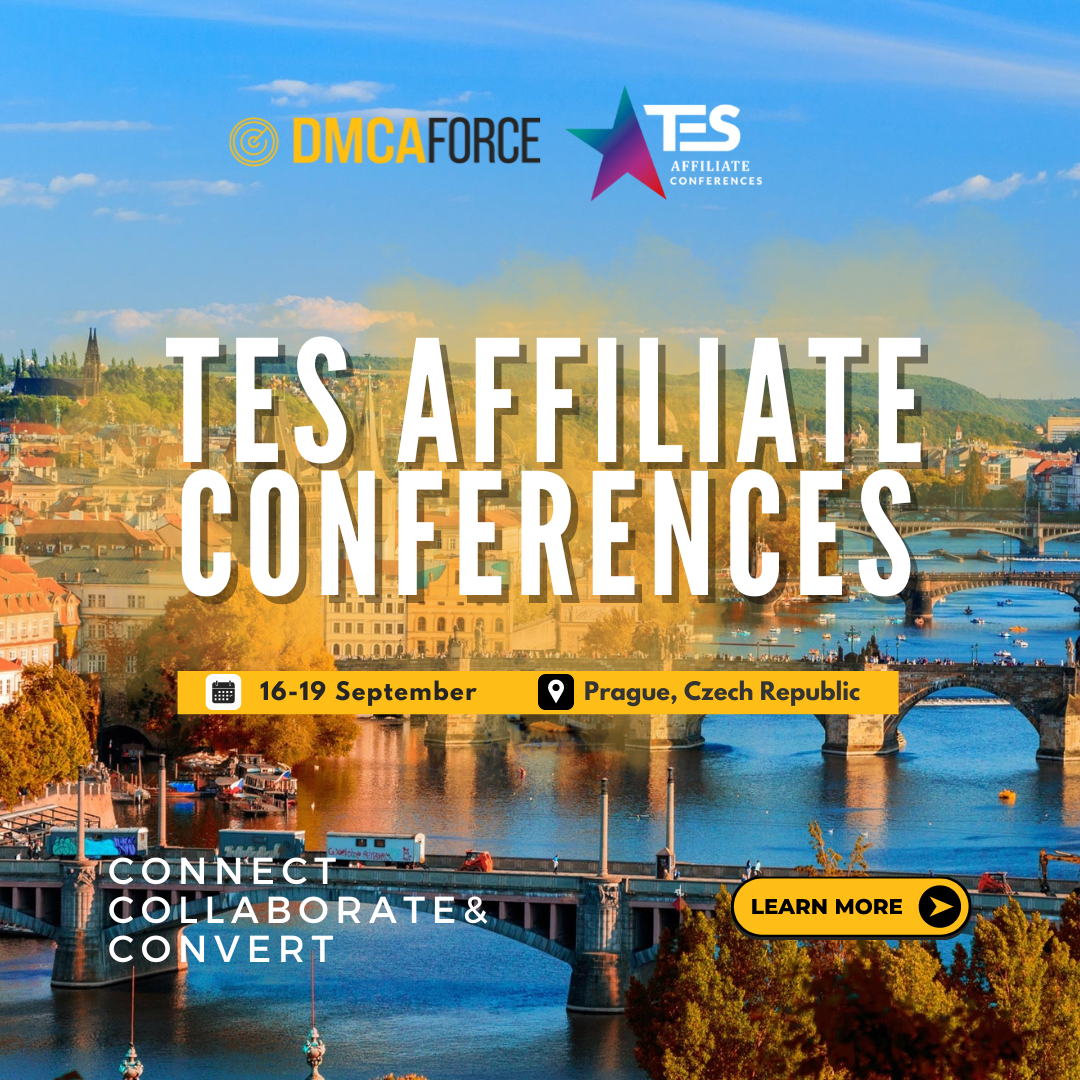News

Copyright + Resale + Intangible Goods = Tricky Legal Questions
Judge Richard Sullivan of the U.S. District Court for the Southern District of New York has a legal humdinger on his hands in the form of EMI Music’s lawsuit against ReDigi, the service that allows its users to store, stream, buy and sell ‘pre-owned’ digital music.
At issue is a function of ReDigi’s Media Manager service that permits users to sell previously purchased digital music. ReDigi asserts that this function has been structured so as to “honor and observe the rights of copyright owners, not to avoid or undermine them.”
The thrust of ReDigi’s position is that their service conforms to the “First Sale Doctrine” established by the United States Supreme Court in 1908. EMI disputes this claim, reportedly arguing that the doctrine should not apply to digital files because, unlike physical media like CDs or records, the seller could easily keep one copy of the file, while selling another copy through ReDigi’s service.
ReDigi’s counsel, Gary Adelman, disputed EMI’s point, asserting that there is “no copy involved. The actual file is being transported. That’s how the technology works.”
I’m not sure how (or if) ReDigi’s system ensures that a user hasn’t made another copy of the file before uploading it to the ReDigi cloud to be resold, and that question may well prove central to the case. Either way, ReDigi’s argument that the service is legal was strong enough to prevent Judge Sullivan from issuing a summary judgement against the company back in February.
Judge Sullivan appears to be highly engaged by the case, having previously stated that the case revolved around a “fascinating issue” that “raises a lot of technological and statutory issues.” It’s good to hear that he’s intrigued by the issues, because something tells me he’s going to have a lot of thinking to do, and about highly novel legal questions, to boot.

Unlock Your Revenue Potential at the AW Summit 2024 in Bucharest!
September 10, 2024

September 4, 2024

Got questions about protecting your digital assets from copyright infringement?


